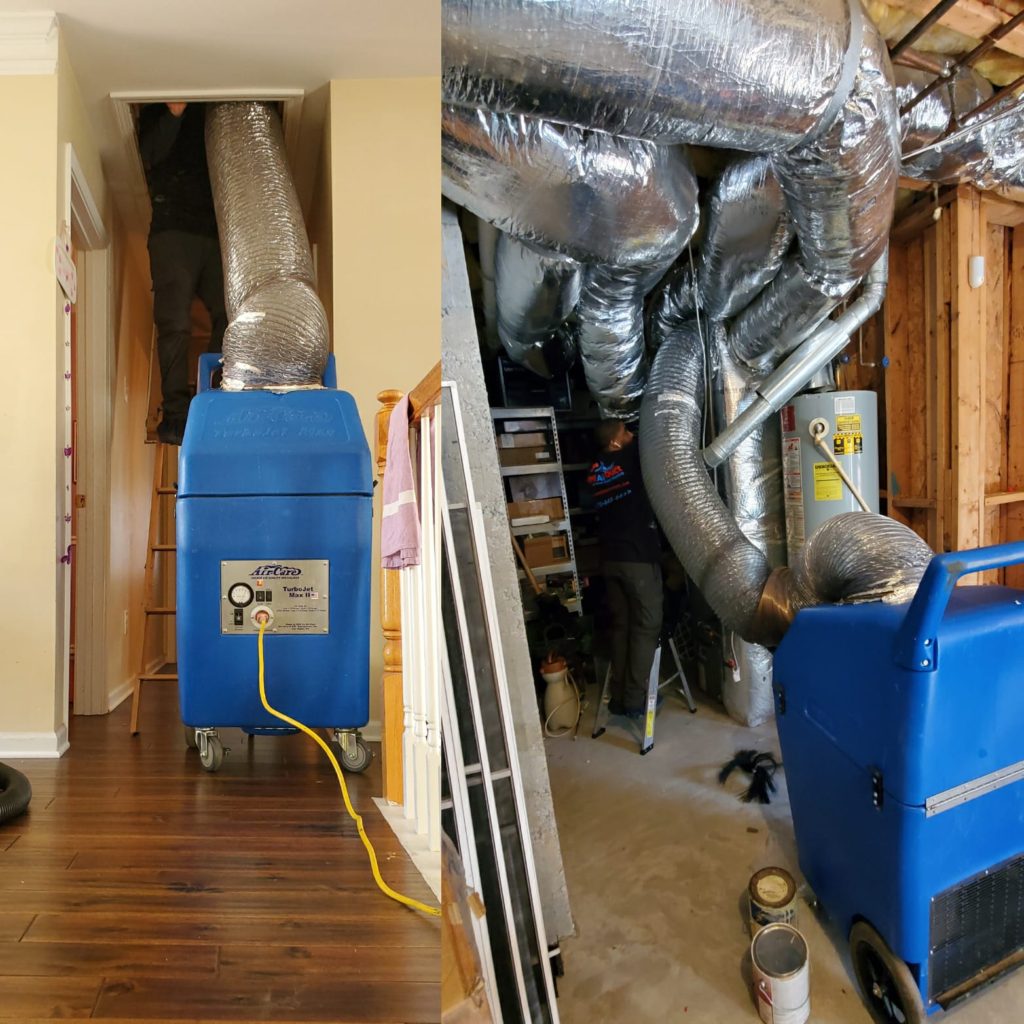Regarding household comfort, a limited number of systems are as vital as your HVAC setup. Understanding what HVAC is can be the initial step towards guaranteeing a pleasant home environment all year long. Whether you encounter the chilly winters or the oppressive summer heat, having a trustworthy heating and cooling system is essential for maintaining an pleasant indoor atmosphere. In this article, we will explore everything you need to know about HVAC systems, from their fundamental roles to common issues that might arise and how to effectively tackle them.
Many homeowners might be inclined to tackle HVAC repairs on their own, especially when faced with small issues or regular maintenance needs. Nonetheless, discerning when to make a DIY attempt and when to enlist the help of a trained expert can allow you to avoid both time and expenses. We will explore some of the most frequent HVAC issues, provide tips for maintaining your system's effectiveness, and emphasize the importance of qualified help in certain situations. By the end of this guide, you will feel more confident in overseeing your HVAC system while understanding when to consult the experts.
Comprehending Heating, Ventilation, and Air Conditioning Technologies
HVAC is an acronym for Heating, Ventilation, and Air Conditioning, which plays a crucial role in maintaining indoor coziness in houses and businesses. Such systems are designed to manage temperature and air quality, guaranteeing that areas remain pleasant no matter the outdoor conditions. A standard HVAC system usually includes components such as a heater for heating, an air conditioner for cooling, and a fresh air exchange system to distribute air and refresh indoor settings.
The functioning of these systems is founded on the laws of heat transfer and airflow dynamics. Heating is performed through various techniques, such as gas, electric power, or fuel, while cooling is primarily achieved through refrigerants circulating in the system. Ventilation ensures fresh air enters a space while expelling stale air, which is essential for comfort and health. Grasping how these components work together can help individuals effectively operate their HVAC systems and spot potential issues early on.
Consistent service and understanding of how to operate HVAC can lead to enhanced efficiency and extended lifespans. Basic actions such as changing air filters regularly, ensuring vents unobstructed, and arranging professional check-ups can significantly enhance system performance. By grasping air conditioner installation of heating and cooling, homeowners can make educated decisions about their HVAC needs, contributing to a more enjoyable and energy-efficient living space.
Common HVAC Problems and Resolutions
One of the more common problems homeowners encounter is a shortage of heat or cooling. This problem can arise from different sources, such as a dirty air filter, which hinders airflow and reduces the HVAC system's efficiency. To address this, routinely inspect and change air filters every 1 to 3 months, depending on usage. Additionally, reviewing the thermostat settings and ensuring that the unit is set to the proper temperature can assist alleviate the issue. If problems continue, it may be essential to check for refrigerant leaks or reach out to a technician.

Another frequent problem is unusual noises produced by the HVAC system, such as clanging, whistling, or grating sounds. These noises can suggest unsecured parts, worn-out bearings, or problems with the compressor. Homeowners can start by fastening loose components and making sure that all access panels are tightly in place. If the noises persist, it might be time to contact an HVAC technician to diagnose and repair any root mechanical problems.
Lastly, inconsistent temperatures in the home can be a frustrating issue. This can result from inadequate insulation, blocked vents, or issues with the ductwork. To boost airflow, ensure that vents are not obstructed by furniture or other items. Fixing any leaks in ductwork can also encourage more even heating and cooling. For more severe airflow issues or recurring discomfort, it may be wise to reach out to a specialist to evaluate and improve the overall HVAC system and home insulation.
Energy Efficiency and Maintenance Recommendations
To improve the energy efficiency of your HVAC system, consider investing in a digital thermostat. These devices allow you to configure specific levels for multiple times of the day, improving energy use while maintaining comfort. For example, you can set your thermostat to lower heating or cooling when you are absent, thus conserving energy and lowering your utility bills.
Regular maintenance is essential for keeping your HVAC system running efficiently. Schedule seasonal tune-ups to make sure that all components are in excellent shape. During these check-ups, professionals can service coils, examine ducts, and replace filters, which helps prevent larger issues down the line. Additionally, swap out your air filters every one to three months to maintain airflow and enhance indoor air quality, directly impacting the efficiency of your system.
Pay attention to your HVAC system's insulation and sealing. Make sure ducts are adequately sealed to prevent air leaks and consider adding insulation to locations such as the attic and walls to reduce energy expenses. Enhancing your home’s insulation helps your HVAC system work less hard to keep the desired temperature, which results in overall energy savings. Frequently inspect and check areas around your home to ensure a comfortable and energy-efficient living environment.
